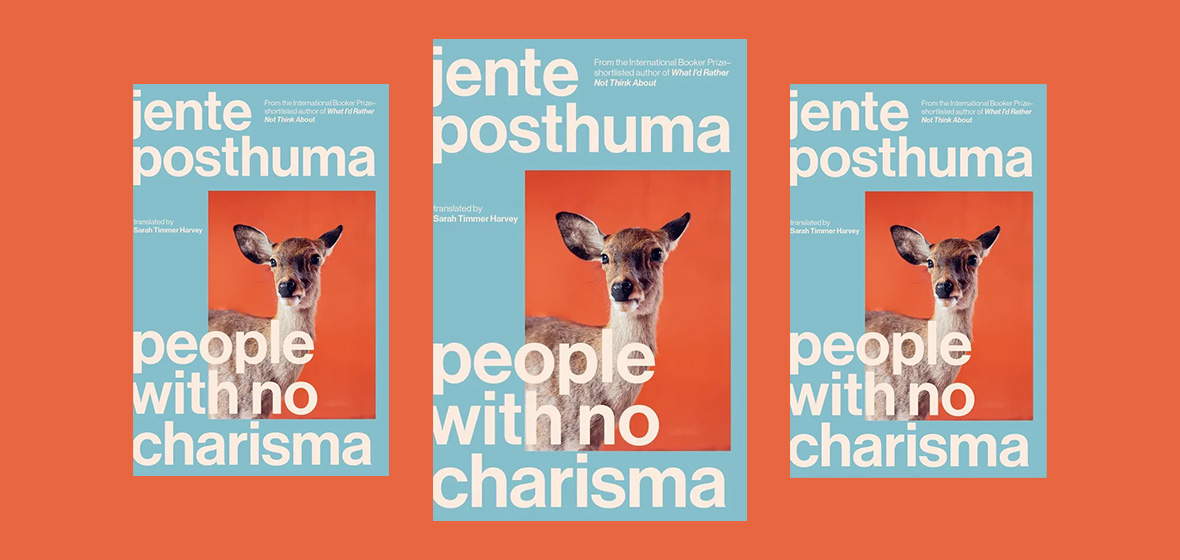Author: Jente Posthuma
Publisher: Scribe
Lord help us, Jente Posthuma has examined life in excruciating fictional detail, via the most trivial, banal, and unfunny parts possible. As emotional relief, it pitches into grief (I type that again: as relief).
Let’s get the story straight. It’s about a woman going through sad ideas of her life. Here’s one tiny example: mid-way into the book there is a passage that wanders from talking about her traumatic birth, to deep anxiety over the sounds people make with their mouths, to a psychologist being attractive like a movie star, to a new baby being called Bob. And although written down in a surmised form, in retrospect, that could easily be funny, or emotionally insightful, in actual writing it’s like depression painfully, hollowed out onto the page.
And again—to be clear—I’m no stranger to that kind of emotional insight. It can be very useful. But useful is not how I would describe reading this book.
There is an analytical form that underlies it, which removes any humour from every situation. Everything is anticlimactic, deeply mundane detail. One is left with a sense of failure to start, on every level. That shallowness is awful to be forced to read over a whole book, especially when it is presented without deeper context, and hence, understanding.
Another example: a group therapy session about not being able to handle the noises other people make, is ended with the words, “Outside the madhouse, I bought an apple turnover from a woman wearing a Santa Hat.” Again, that seems funny. Put it in the book, dear mother of Mary, it is not.
And on and on it goes. There are extended concerns from the main character about how big the bites of sandwiches other people take are. And an insanely annoying desire to control their eating habits. If the effect is to try and cause the same anxiety in its readers, great. This book is a wild success.
Why though? I guess the title is a give-away. But my gosh, it really is an exercise of what it says on the tin. Frankly, had it not been for the desire to honestly complete this review, I would have stopped reading it well before the end. Let me be honest: I hated this experience. I wanted to stop being forced to analyse all the things you can’t stand about misdirected attention, when you know you are alive only once, in a universe that contains literal burning clouds of helium that can collapse into infinity. Instead, we get mouth sounds.
There is another line of dialogue that’s relevant here: “If you spend enough time exposing yourself to the things you cannot stand, eventually you’ll become immune to them.”
“Not me,” I said. “I would go crazy.”
This book put me slightly more into the latter camp.




